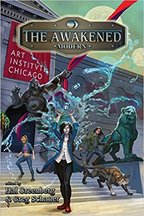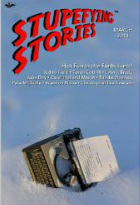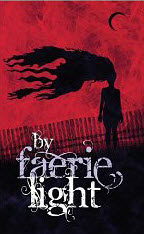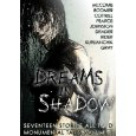How was I going to fix this? I needed to get Reynard to Bresht, but clearly I was going about it the wrong way. Then I thought about Elmore Leonard. True, we don't write in the same genre, or tell the same kinds of stories, but Leonard is a master of pacing. I defy anyone to find a spot in a Leonard novel where they're bored and feel like skimming ahead. So how does Elmore Leonard get a character from one place to the next?
Like this: Leonard gets his hero from the island where he lives (for example) to the high-rise apartment where the next scene takes place, not by telling us how the character got into his boat, started the engine, and motored across the bay; what other ships were on the bay and what the weather was like; the conversation he had on the dock while he tied his boat up, how long it took him to catch a cab and what the cab driver looked like; how he fumbled through his wallet for the change, how he convinced the doorman to let him in and the muzak that was playing in the elevator; what the 30th floor hallway looked like, and that the character hesitated at the door, then pushed it to discover that was was open. No---Leonard tell us that Joe grabbed his gun and patted his dog on his way to the boat. When he got to the apartment, the door was already open. Bang! Trip done, in the space between one sentence and the next.
Any time I find myself describing every footstep of a journey---literal or metaphorical---in my narrative, I think of Elmore Leonard's writing advice and cut it all away until I'm telling the actual story.
Here's the short version of Leonard's writing advice:
- Never open a book with weather.
- Avoid prologues.
- Never use a verb other than "said" to carry dialogue.
- Never use an adverb to modify the verb "said”…he admonished gravely.
- Keep your exclamation points under control. You are allowed no more than two or three per 100,000 words of prose.
- Never use the words "suddenly" or "all hell broke loose."
- Use regional dialect, patois, sparingly.
- Avoid detailed descriptions of characters.
- Don't go into great detail describing places and things.
- Try to leave out the part that readers tend to skip.
My most important rule is one that sums up the 10.
If it sounds like writing, I rewrite it.
(with thanks to John Ward, who introduced this subject and Leonard's advice in his Google+ thread today)















 RSS Feed
RSS Feed
